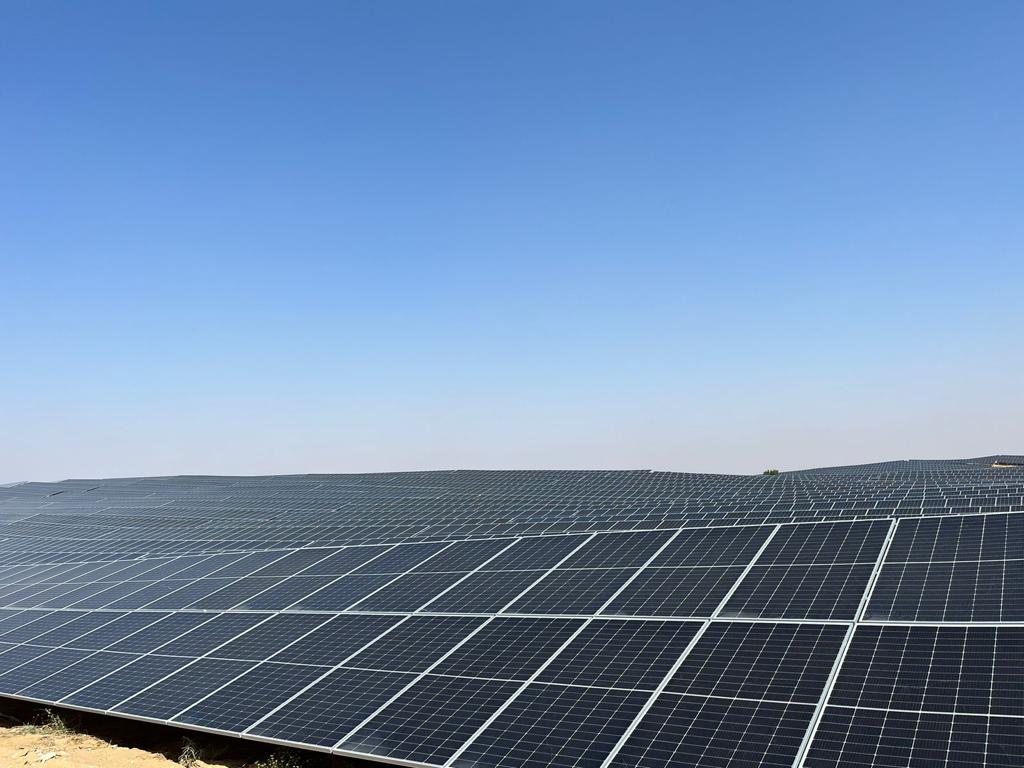
In Short : Under the PM Surya Yojana (PMSY) scheme, districts will compete for funds to develop model solar villages. This initiative encourages local governments to promote solar energy adoption, aiming to transform selected villages into sustainable energy models. The competitive aspect is designed to incentivize innovation and efficient implementation of solar projects across India.
In Detail : In a novel move, the Centre will put villages to a ‘challenge’ to be selected as model solar villages and provided subsidy under the newly launched PM Surya Ghar Yojana (PMSY).
The program, launched earlier this year, has three components aimed at increasing the adoption of off-grid solar solutions – residential buildings, commercial/industrial/government buildings, and exemplary solar villages.
The latest guidelines of the Ministry of New and Renewable Energy (MNRE) aim to set up one Model Solar Village in every district of the country. The MNRE has allocated Rs 800 crore for this purpose, providing central financial assistance of Rs 1 crore for each model village.
According to the guidelines, the Model Solar Village will have to rise to the challenge.
“Under this mode, villages in the district will be mobilised to install distributed solar systems, especially under PM Surya Ghar: Muft Bijli Yojana and other government schemes like PM-KUSUM,” it said. PM KUSUM is another scheme of the Centre aimed at solarisation of agriculture in rural areas.
After the challenge period ends, the villages will be assessed on the basis of the cumulative installed capacity within the village revenue limits and the village with the highest (cumulative) capacity within the village limits will be selected as the Model Solar Village for the district, the guidelines read.
Once selected, the villages will be provided with a grant under the scheme. The guidelines further state that the funds should be used to make the village self-sufficient in terms of all electricity needs 24×7. “This may include meeting the energy needs of agricultural, residential, commercial and government sectors. In case the funds mobilised prove insufficient, the village should aim to achieve net zero status in terms of electricity needs, i.e. electricity generated from renewable sources that is equivalent to the electricity consumed by the village on an annual basis,” it said.
Modhera, in Mehsana district of Gujarat, is the country’s first and only Model Solar Village. The village has 24×7 solar power and the villagers do not pay electricity bills. The project was jointly funded by the Centre and the Gujarat government. It was conceived before the launch of PMSY.
Prime Minister Narendra Modi on February 13 this year announced a new scheme with an outlay of Rs 75,000 crore to install solar panels on rooftops of 10 million households. Announcing the scheme, Modi said on his social media accounts, “From substantial subsidies that will be credited directly to people’s bank accounts to highly concessional bank loans, the central government will ensure that people are not burdened with any cost. All stakeholders will be integrated on the National Web Portal, which will enhance convenience.”
National Portal, which is currently run by state-owned financier REC Ltd, already has 20 banks and non-banking financial institutions that will provide loans to households looking for solar rooftops. Besides, eight public utility companies (PSUs) under the auspices of the power ministry will implement the scheme in several states. The subsidy under PMSY will be 60 per cent of the total project cost and the rest will be a loan. Power ministry officials said the loan will not have to be taken by the household but by the PSU implementing the project.
For Model Solar Village, a District Level Committee (DLC) will be constituted to monitor and coordinate the programme. Panchayats will be involved in mobilisation and awareness campaigns as per the guidelines. “The panchayat will also seek to utilise available vendor networks and connect potential beneficiaries with banks to maximise the adoption of solar technologies in general and rooftop solar panels in particular under the scheme,” it said.










